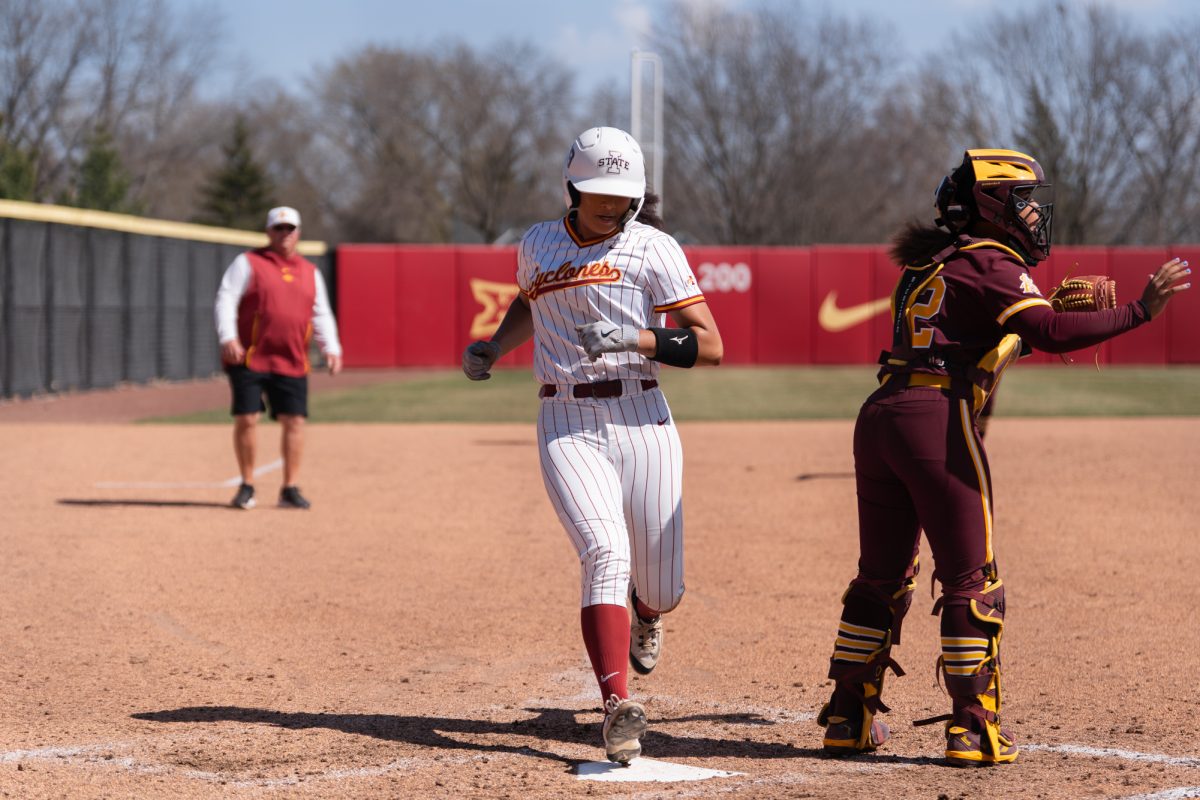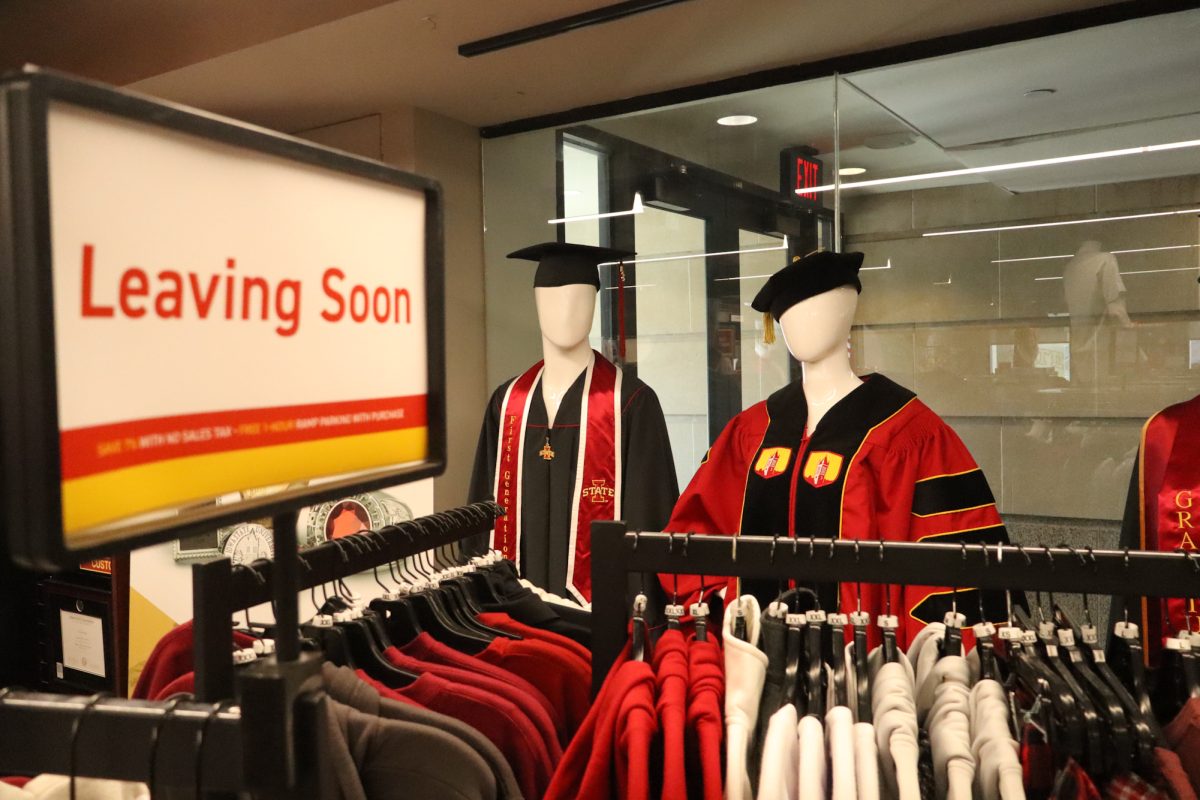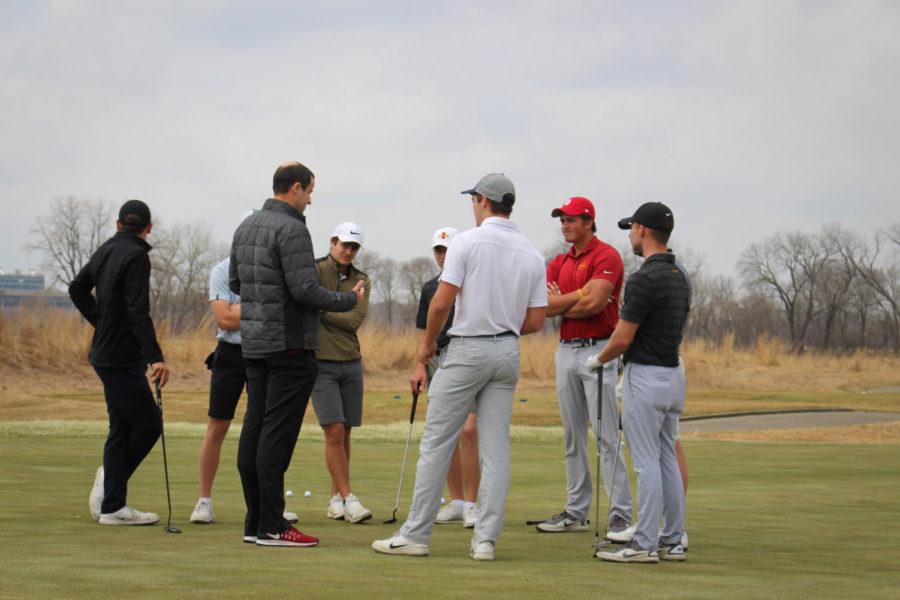Town and Gown conference: Talk trash
June 2, 2010
Representatives from the Ohio State University, city of Columbus and the city’s university district gave a presentation on trash removal as part of the 5th Annual Best Practices in Building University/City Relations Conference held this year in Ames.
The conference is put on by the International Town and Gown Association, an organization of university cities for discussing issues unique to these types of cities.
Dawn Tyler Lee, assistant vice president in the office of engagement and outreach; Ian McConnell, president of the university area commission; and W.J. “Skip” Parks, operations manger of the refuse collection division of the public service department for the city of Columbus, gave a presentation on how the three groups came together to resolve the trash issue during the fall of 2009 in the university district.
“We are glad you joined us this morning to talk a little trash,” Lee said.
University district is where the majority of the students at Ohio State University live. The month of September is move out/move in time for the area, during which there is a disproportionate amount of trash due to the fact many students are moving out. In the fall of 2009, due to budget cuts, Parks said his was not able to put forth the resources in the area that he usually does, and furniture and overflowing dumpsters were a common sight in the area.
McConnell, who has lived in the university district since he was a student at the university, said he had never seen the trash situation as bad as it was in 2009.
“The reality was, it was a very grim situation,” he said.
So his association, the university and the city got together to try and solve the situation.
The university gave $50,000 to the city to help clean up the area immediately, which it did very quickly, McConnell said.
“When it was all done, we all just kind of breathed easier,” he said.
They set out to educate students on where the 11 collection sites were in the area. They also took a look at the reusability of some of the things being thrown out. The student government has a program known as “dump and run” which takes in used things, such as furniture, and has a yard sale for students during the move in period. Along with this, there is a program that donates used furniture to the needy, McConnell said.
The university district residents decided to set out to encourage neighborhood residents, not just students, to call and schedule bulk pickups with the city so as to not overwhelm the 11 collection sites in the area, McConnell said.
Volunteers also went out with stencils to write information on different trash cans, such as how to schedule bulk pickups and to not block the dumpsters with their cars, which had been a problem, McConnell said.
There are also ongoing efforts to help avoid a problem like this occurring again.
Lee described some of the programs, such as “Keep Columbus Beautiful,” which is a citywide program to discourage littering that has an emphasis in the university district, as well as “Rock the Block,” a cleanup project, Lee said.
Some of the lessons learned from the situation include having relationships in place before a crisis hits, thinking about the short and long-term solutions and having all the stakeholders contribute, Lee said.






